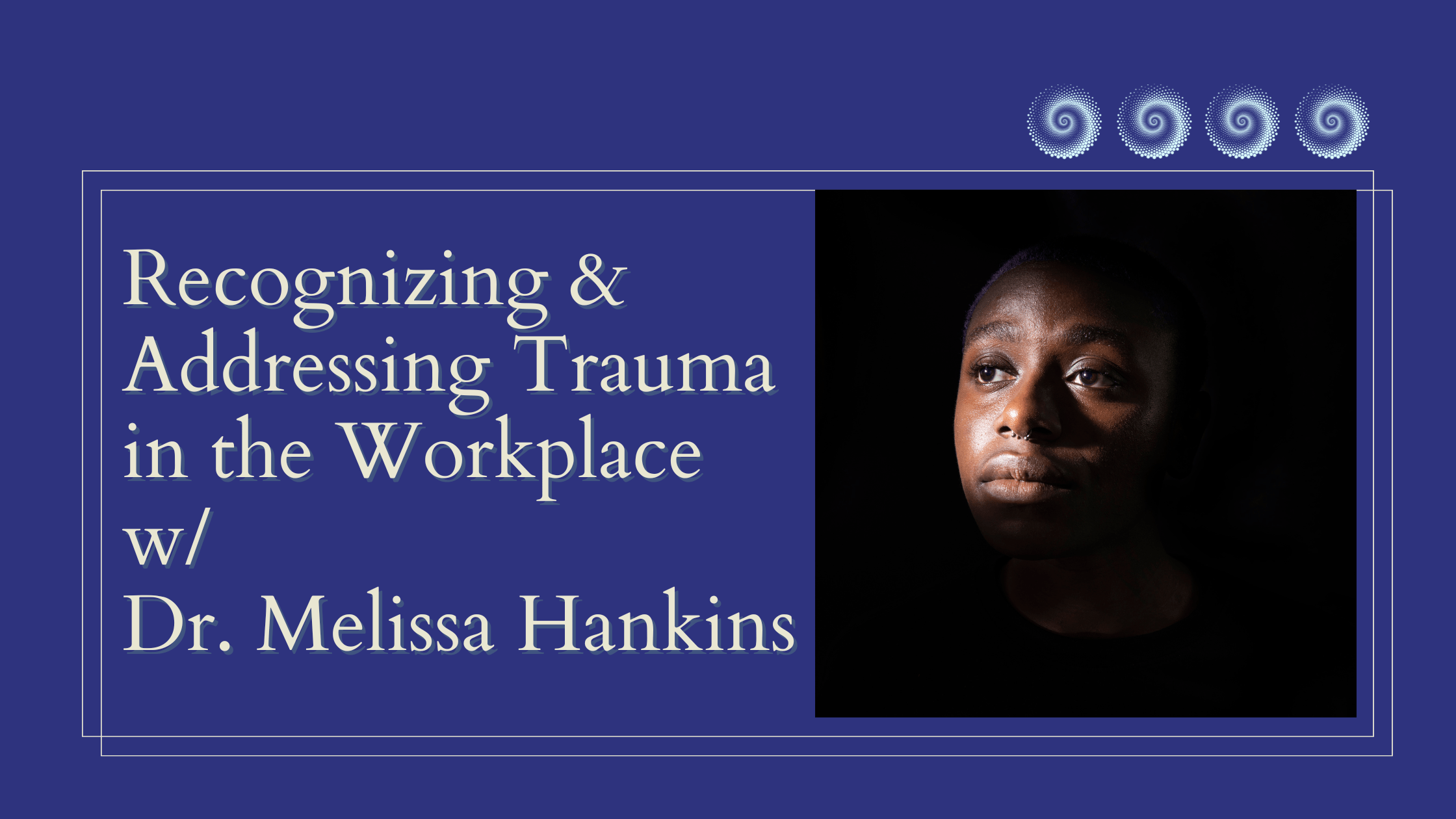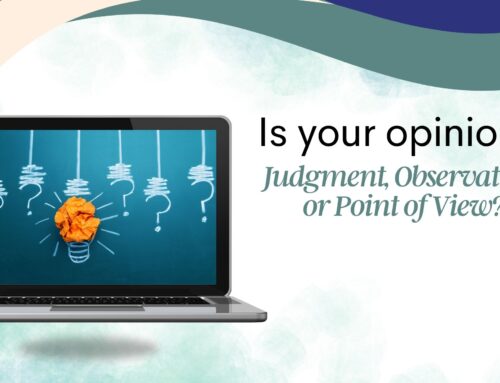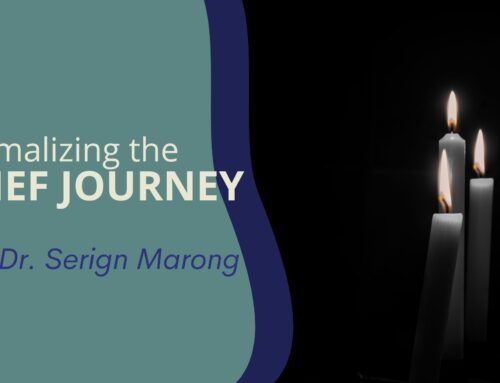
SHOW NOTES
In this week’s Mind ReMapping Moment, I am joined by a coach, a speaker, and a physician. We are discussing recognizing and addressing trauma in the workplace.
· How do we deal with trauma in the workplace?
· How can we begin to recognize trauma responses in ourselves?
· How do we tap into our emotions?
These and many more await you in this week’s special episode with Dr. Melissa Hankins, a mindset and executive coach for physicians for high performers. In this episode, she will share how to use tapping techniques. Today we will learn about dealing with traumas as children and adults.
The big key and the small key traumas
When people hear the word trauma, there is this automatic association with a concussion and a doubt that we call the big key traumas. There are also the little key traumas and significant emotional events we can have over time. Often these happen in our childhood, creating a blueprint for how we show up in our adult lives.
Trauma as children and as adults
Something life-threatening for a child may not feel life-threatening for an adult. As adults, we have more resources. We can do things, get out of a situation, and speak up. But children do not have the ability, so they rely on their parents and caregivers to create that sense of safety, love, and belonging. Things can also happen where we were being told as children, “No, that is not allowed” that gets internalized as children that as adults, we might become people pleasing or difficulty setting our boundaries.
Recognizing trauma
We may not have the language for it, but if we need to tune into our bodies, we get to communicate. Our bodies are constantly sharing with us, and it is just a matter of us listening to the messages we are getting. There is still such shame built into not knowing exactly what to say or what it is. When we are speaking with others, we can be more trauma-informed.
Trauma can show up in all of us, and it doesn’t have to be as egregious or violent or evident as some violent act. Many people think that when we talk about trauma, it is the big stuff. The trauma we do not always look at is minor, repetitive, and ongoing. When we can self-regulate, it allows us to listen more compassionately in a more concussion-informed way and speak in a more trauma-informed or trauma-responsive way with the people we are interacting with.
About Dr. Melissa Hankins
Dr. Melissa was a Harvard-trained psychiatrist and practiced clinically for 17 years. Like many of us are experiencing, she also experienced burnout that shifted into depression. She discovered EFT, or the tapping technique, and has been doing that for over ten years; she went on to have her own coaching business and transition out of medicine. She is a Mindset and Life Coach for physicians and an EFT Tapping Practitioner.
Connect with Dr. Melissa Hankins via the following:
Instagram: www.instagram.com/melissahankinsmd
LinkedIn: www.linkedin.com/in/melissahankinsmd
Email: Hello@MelissaHankinsCoaching.com
Free Consultation: https://MelissaHankinsCoaching.as.me/FreeConsultationCall
Book (compilation by female physicians): “Thriving After Burnout: A Compilation of Real Stories by Female Physicians” (available on Amazon: https://a.co/d/4mdHNGB)
Follow Dr. Maiysha on social media
www.facebook.com/DrMaiysha
www.instagram.com/DrMaiysha
www.twitter.com/DrMaiysha
www.YouTube.com/DrMaiysha
Hosted by: Dr. Maiysha Clairborne
Check out my TEDxtalk https://youtu.be/iOboT5uRhXU
Ready for the next level in your life? Join the Movement! Become a part of the Mind ReMapping Nation, an exclusive community that empowers your growth & accountability. Go to www.MindReMappingNation.com
Interested to learn Mind ReMapping? Have you thought about becoming a coach? You can! Attend our next Mind ReMapping LIVE Training in Atlanta, and learn the tools to remap your mind in this transformational NLP/Hypnosis and Coach Certification training. Visit www.mindremappingacademy.com or www.remapmymind.today










